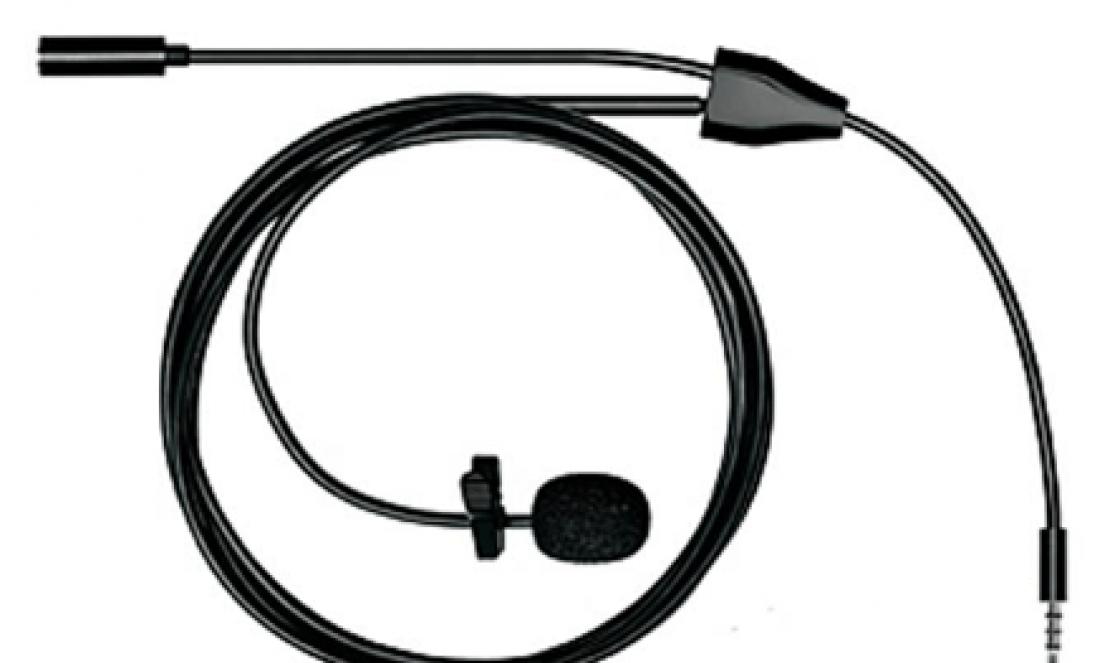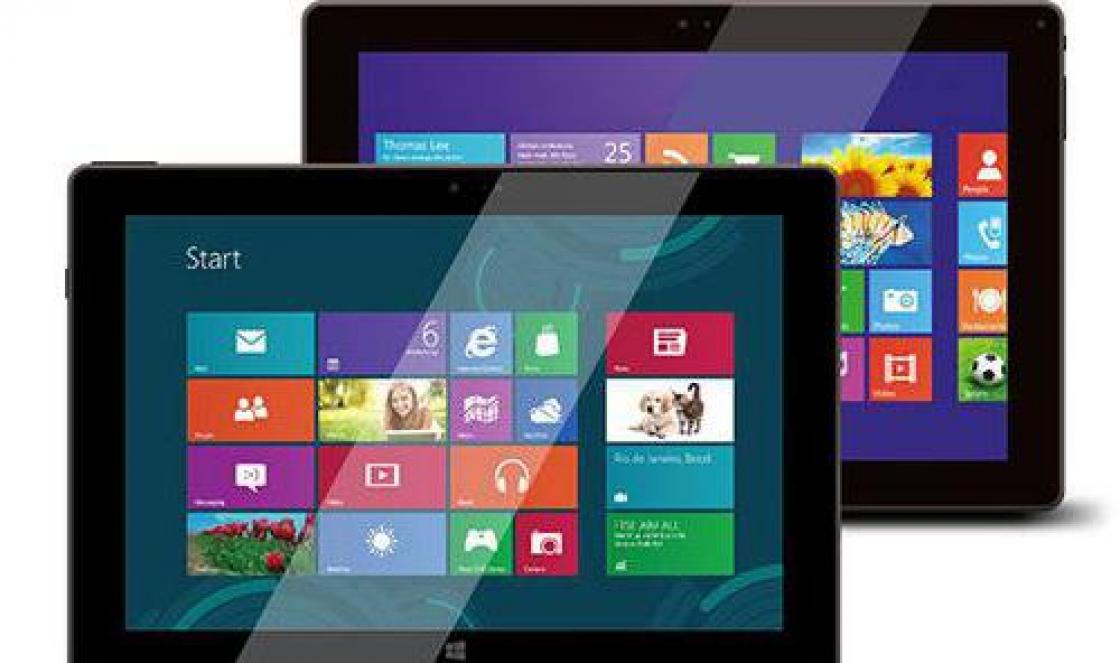Hi all!
Insufficient quality graphics is a big problem for every PC user, and especially for gamers. No matter how great your computer is, if you are a gaming enthusiast, you want to get the most out of your machine.
Of course, most often to solve this problem it is enough to simply change the video card. But the quality of graphics can be improved without a video card, using certain software methods.
In this material I will tell you how to improve computer graphics using various methods.
Hardware method
As I wrote above, the most simple method To improve graphics data, you can purchase a new, more powerful video card. You can immediately go to the store and consult with the seller about which card is best to install on your computer, or first read review articles on this topic.
Installing it is not difficult. The card comes with a disk that contains the driver installation program.
Improved images can also be achieved by purchasing a more powerful processor or increasing RAM.
Balanced system
It must be remembered that normal operation of the computer is possible only if the system is balanced. If you have little RAM or a weak processor, then installing even the best video card will not achieve anything.
But on the other hand, if you have a weak video card, you should not think that increased memory or installing a new processor will solve the problem. The cost of the processor and card is almost the same (for gaming-type computers it can be up to 15,000 rubles). Increasing the memory will cost a little less, but it all depends on how specifically you want to increase it.
Software method
If you want to improve your graphics performance, but do not have the financial means to purchase expensive new products, you can “upgrade” your video card using software methods, in other words, optimize its settings. To do this, you need to first find its settings, for this:
- Right-click on the desktop
- Select “Properties” from the drop-down menu
- Activate the “Options” tab
- If, in addition to video card drivers, special utilities are installed on your PC, then click on the “Advanced” button.
The above path should be used for Windows systems XP. As for Windows 7 and Windows 8, here you need to: go to “My Computer”, click “Properties” in the drop-down menu, select “Device Manager” on the right, you will find video adapters in the list. Find your video card, right-click on its name and call “Properties”.
In my windows 10 I do this:
- Right mouse button on the desktop
- Select "Nvidia Control Panel"
- On the left side of the menu, click on “manage 3D parameters”
After completing the above described manipulations, you will see the map settings panel. There will be a bunch of parameters, but you only need a small part of them to work.

Filtering, smoothing
Since NVIDIA video cards are currently the most popular, we will analyze the settings using these cards as an example. In principle, others are configured in almost exactly the same way.
Among the many settings, you should be interested in “ Managing 3D Settings", since this is the section you will work with. The following points are of particular interest in this section:
- Smoothing - parameters;
- Vertical sync pulse;
- Anisotropic filtering.
The first and last setting values are 32x, 16x, 8x, 4x, 2x. Moreover, the higher the value, the more pleasant and smooth the picture will be.
The vertical sync pulse (item No. 2) can be controlled by the parameters of the 3D application, and can be disabled or enabled. It should be enabled for maximum graphics enhancement.
In some cases, access to the Options - Anti-aliasing setting may be disabled. To set the required values, you need to set “Increase application settings” in “Smoothing - mode”.
That's all, dear friends! Now you know how to increase the clarity, brightness and other characteristics of the image.
By the way, the course will teach you this and much more. Computer genius" Here, in a simple and accessible form, all the intricacies of working on a computer are described. A person of any age can master computer literacy with the help of this course. He is able to make a real computer “ace” out of any “teapot”!
Share a link to this article with your friends on social media. networks, probably some of them are video game fans, and this article will be useful to them. Don't forget to subscribe for updates. See you on the pages of my blog!
Sincerely! Abdullin Ruslan
If your computer is slow, you have problems using programs or watching videos, it makes sense to check your computer’s performance. The performance index is used by the Windows 7 operating system to visually and understandably evaluate its own performance. The higher it is, the faster and more powerful the computer, the more complex programs and games it can handle.
What is a performance index
"Index Windows performance» (Windows Experience Index, WEI) - service operating system Windows, which allows you to test your computer's performance.
How to find out the performance index
There are several ways to find out your performance index. Let's look at the two simplest ones.
Via "My Computer"

Via the Start menu

As you can see, both methods are quite simple and do not take much time.
What categories are presented in the table
The Performance Index table includes five components:

What do the numbers mean?
The WEI of a computer is determined by the lowest score. The maximum score in Windows 7–7.9, the minimum is 1.0. Let's look at the Performance Index indicators using the example of graphics evaluation.
Table: Performance Index scores and computer functions that correspond to them
Ways to improve computer performance
For modern desktop computer normal performance index starts at 5.0. Please note that the latest drivers must be installed on graphics devices, otherwise the performance may be underestimated.
Most often WEI will be equal to 5.9 when using HDD ( hard drive), even if the scores in other categories are significantly higher. This is due to the low access speed of the main hard drive. When replacing HDD on a solid-state SSD drive, the hard drive performance score rises to 7.9 and becomes the highest in the category table. The use of solid state drives significantly improves Windows operation generally.
Low graphics performance may be the result of missing graphics drivers or insufficient graphics card performance. To fix software problem You should download drivers from the official website of the manufacturer that produced the graphics equipment for your computer. If the drivers are installed correctly, replacing the video card with a more powerful one will help improve the performance index.
Additionally, you can increase your computer's performance by doing the following:

Video: how to increase computer performance
What to do if performance reviews aren't working
It happens that the procedure for calculating the performance index ends in an error. This error can be caused by either software or hardware problems.
Software problems:
- the presence of viruses, Trojans, malware in the system;
- disk errors;
- path or registry errors.
Hardware problems include the failure or incorrect operation of one of the elements.
Software errors are resolved in the following way:
- scanning your computer with antivirus (Malwarebytes), as well as other antivirus utilities;
- checking the hard drive for errors;
- scanning the system for damaged components. To do this, open command line as administrator and type the command sfc /scannow, press Enter. The system will automatically check and, if possible, fix damaged system files;
- installation of K-Lite Kodeck Pack;
- system restore if all else fails (returning the computer to a more advanced early state- when everything worked, - using a checkpoint).
If you suspect problems with the hardware, you need to use the Aida program to check the temperature of the sensors to rule out overheating. Checking contacts, checking RAM memory for errors (for example, with the Memtest86 program), and stress testing the video card will help identify or eliminate problems in the operation of any component. If you are not sure that you can handle it, it is advisable to contact a specialist, since incorrectly performed tests can lead to computer failure.
Often the error is caused by the computer's power supply. Since all elements are operating under maximum load when calculating the performance index, they may not have enough power. If this is a laptop, check the power settings, they should be set to “maximum performance”, and the laptop itself should be connected to the network at this time. If a component problem has been ruled out, it may be time to replace the power supply with a more powerful one. Even a working power supply loses power after a year of continuous use, causing equipment failures and “ blue screen death."
The Windows Experience Index (WEI) is made up of several factors: processor power, RAM speed, 2D and 3D graphics performance, and hard drive data transfer speed. The overall score is determined by the lowest score. To increase WEI, there are several ways, including replacing the video card or hard drive, cleaning, checking for errors, etc. If the performance assessment does not work, then you should check your computer for viruses or find errors in the registry. Problems with the video card or power supply of the computer can also cause problems.
Modern games are becoming more and more demanding of the hardware of their fans. Such a sensational game Witcher, according to the developers themselves, was created a little ahead of technology, therefore, not every computer is able to “master” it. There are a lot of similar examples, and many gamers are concerned about how to increase the performance of their computer in games.
Method one, or replacing iron
When is the next new game starts to lag, that's what first comes to mind. In fact, this is the most correct and effective option to increase productivity. If some of the components are obsolete and are unable to “pull” a cool toy, it would be better to change them. However, the most obvious solution is also the most expensive. Not every gamer has the opportunity to regularly update their personal computer. Still, here is a list of parts that should be changed periodically:
- Video card – almost all graphics in applications depend on it. An old video card with little memory will not allow you to overclock FPS to an acceptable level, no matter how hard you try.
- The processor is the brain of your PC, and the speed of data reading directly depends on it. There are games that are very demanding of such things.
- RAM– the more there is, the better. If there is less RAM than indicated in system requirements product - brakes and glitches are guaranteed.
Method two, or working with drivers
Drivers are sets of programs that “train” your computer to work with a specific video card. First of all, you should check their relevance. As a rule, drivers themselves successfully cope with self-updating, but something could very well go wrong. Virus attack, firewall block, lack of Internet connection – there are a lot of possible problems.
Owners of NVidia cards can go to the GeForce control panel in the “Drivers” tab and click on the “Check for updates” button. If something new comes out, it will be immediately downloaded and installed on your computer.
If your hardware can't handle the load, your 3D graphics can suffer greatly. In the panel NVidia control There are many settings that can improve performance. Here are some of them:
- Anisotropic filtering– sets the quality of textures. If you turn it off, performance can be increased.
- Vertical Sync– also loads the video card very heavily.
- Anti-aliasing – can improve image quality while reducing performance.
- Triple buffering– should also be disabled to increase speed.
Method three, or cleaning
A common cause of performance problems in games is a cluttered computer.
Firstly, in a physical sense: dust on radiators and cooler blades interferes with cooling. As a result, the PC overheats and performance drops significantly. Regularly clean the machine from dust and replace the thermal paste on the processor.
Secondly, when the system starts, various processes can start that take up a lot of resources, for example, Skype, browsers, antiviruses, ISQ, torrent trackers, etc. Separately, they are unlikely to spoil anything, but when everything is included at once - even powerful computer may not cope.
Thirdly, it is recommended to clean the system system of debris. hard drive. Ideally, it would be nice to have 50-100 gigabytes of free space on it. Insufficient disk space can significantly reduce gaming performance.
Fourth, be sure to update antivirus programs and scan your computer for malicious objects. Some of them specifically load the PC's computing power, preventing it from working normally.
Fifthly, hard drives, especially systemic ones. It won’t be possible to greatly increase productivity in this way, but it can give a few extra percent.





